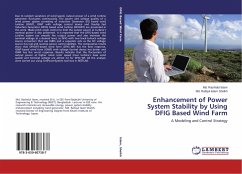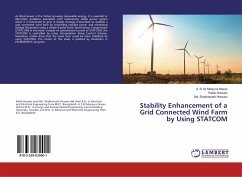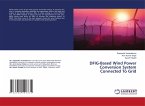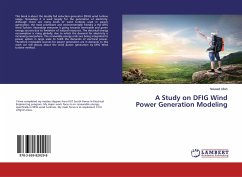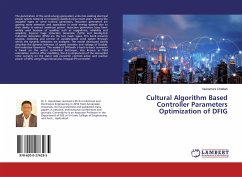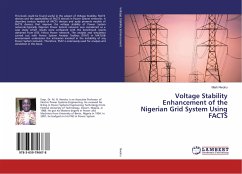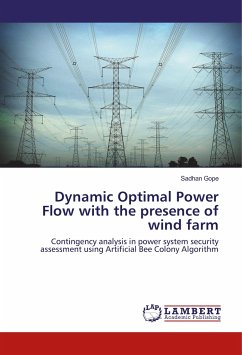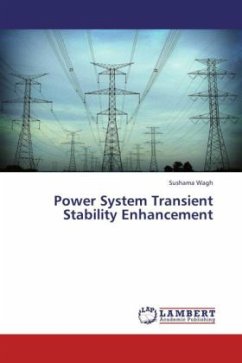Due to random variations of wind speed, output power of a wind turbine generator fluctuates continuously. The power and voltage quality of a wind power system consisting of Induction Generator (IG) based wind turbine (IGWT), IGWT with voltage control device and Doubly Fed Induction Generator (DFIG) based wind turbine (DFIGWT) are presented in this work. Blade pitch angle control to limit the output power at turbine's nominal power is also presented. It is reported that the DFIG-based wind turbine system can smooth the output power and also maintain the terminal voltage at a desired level, as DFIG with two back-to-back voltage source converters that use IGBTs and a capacitor acts as the DC voltage source has real and reactive power control abilities. The comparative results show that DFIGWT-based wind farm (DFIG_WF) has the best response, IGWT-based wind farm (IGWF) with voltage control device has better and IGWF has the worst response. Results indicate that the fluctuation of output power at higher rated rotor speed (near turbine's base wind speed) and terminal voltage are almost nil for DFIG_WF. All the analysis were carried out using SimPowerSystem tool box in MATLAB.
Bitte wählen Sie Ihr Anliegen aus.
Rechnungen
Retourenschein anfordern
Bestellstatus
Storno

